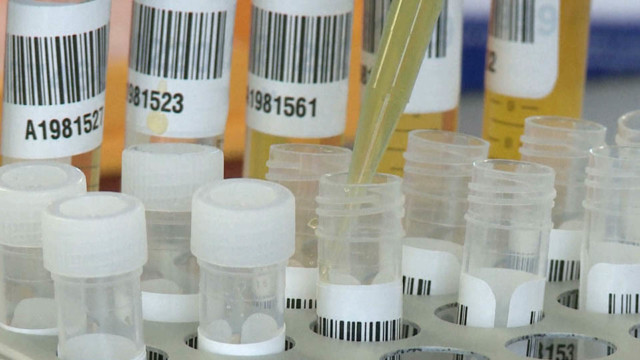In 2015, the marijuana industry in the U.S. state of Colorado employed more than 18-thousand people.
But while legalizing pot has created jobs, it’s also preventing people from getting them…in other industries.
CGTN’s Jessica Stone reports.
According to the Employers Council, legalizing pot use is making it tougher for employers to hire staff. A lot of candidates can’t pass a drug test.
“Here in Colorado they are absolutely having trouble staffing jobs,” said Curtis Graves, Employers Council attorney.
In July, the Federal Reserve released its Beige Book, noting the inability of employers to find workers able to pass drug screenings.
Last year, Quest Diagnostics, one of largest commercial U.S. labs, found that 44 percent of the positive workplace urine tests it processed showed evidence of marijuana use.
That’s not a big surprise, say experts.
Consider that more than half the United States has legalized smoking – or eating – pot.
“All of these states that have programs that have been in place for quite some time, you can’t help but have positivity in the workplace drug testing,” said Bill Judge, Chief Research Officer, Encompass.
Judge says this new reality forces employees and employers to face a minefield of legal complications across the country—and the globe. He says he’s seen U.S. courts ask companies to pay up to two million dollars in cases of employee rights violated through drug testing.
“Employers have an overall obligation to provide a safe environment for workers,” said Bill Judge, Chief Research Officer, Encompass.
“You’re not going to ignore or not test for drugs simply because you can’t find enough workers for the job.”
High risk industries like oil, airlines, and trucking have mandatory testing standards.
But Graves said some employers are more lenient if safety isn’t a key part of the job.
“For companies, where you are talking about someone who is flying a desk all day, doesn’t interact with the public outside the workplace, it may not be best to ‘zero tolerance’ on drugs, when you can evaluate them on performance,” he said.
 CGTN America
CGTN America

